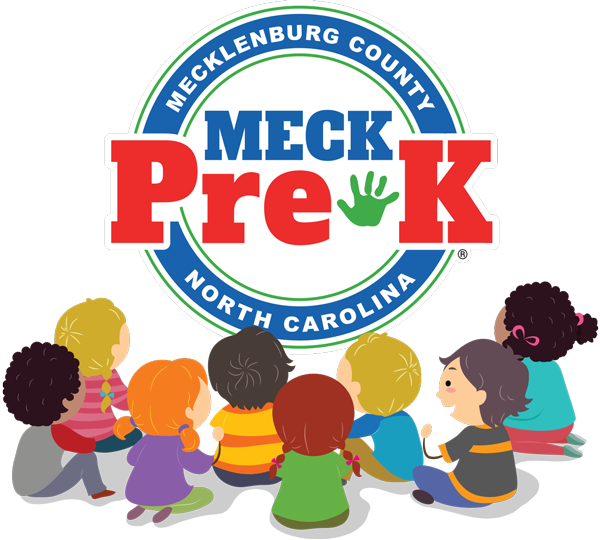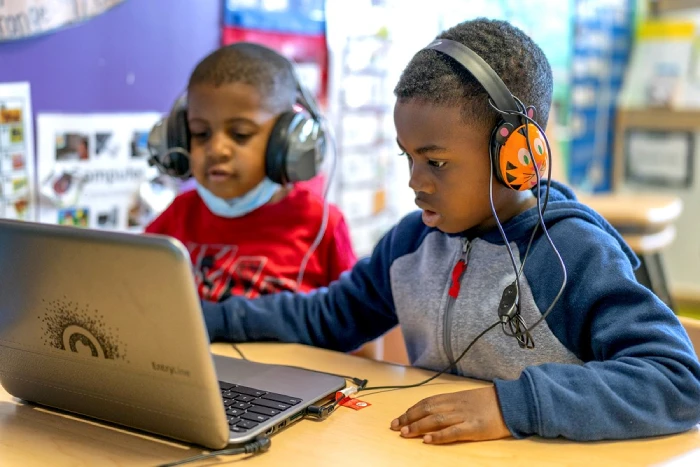Every child deserves a high-quality early childhood education. This may include both preschool and pre-kindergarten. However, there are some misconceptions about these two programs—they aren’t the same thing. This blog will compare preschool and pre-K, highlighting their differences and similarities, so you can make informed choices for your child’s education.
Understanding these programs is important, as the decisions you make now can set the tone for your child’s academic journey. Let’s start by exploring what these programs have in common.
How Are Preschool and Pre-K Similar?
Both preschool and pre-kindergarten share a focus on early childhood development through curricula that emphasize playful, experiential learning. Activities often blend children’s interests with hands-on experiences in areas like music, science, reading, math, and art. These programs also prioritize emotional growth and social skill-building, creating nurturing environments where children learn to play, share, and socialize with peers.
In these classrooms, children are guided by professional educators who foster a positive, supportive atmosphere. These settings prepare children to be away from their parents for longer periods, building confidence and independence—essential skills for their future success.
What are the Differences Between Pre-K and Preschool?
Despite their similarities, preschool and pre-kindergarten have key differences. The primary distinction lies in the age of the children. Preschool typically serves children aged 2 to 4 years, while pre-K is specifically designed for 4- and 5-year-olds in the year before kindergarten.
Pre-K programs place a stronger emphasis on kindergarten readiness. Activities are more structured and delve deeper into subjects like literacy, math, social-emotional learning, and problem-solving. Pre-K also focuses on developing critical thinking and collaboration skills, ensuring children are prepared for the academic and social challenges of kindergarten and beyond.
Why Is Pre-K Important?
Research underscores the importance of pre-K programs. Research gathered by the National Institute for Early Education Research (NIEER) shows that high-quality pre-K programs significantly enhance children’s cognitive, social, and emotional development. These benefits extend into elementary school and beyond, giving children a strong foundation for lifelong learning.
Additionally, pre-K provides opportunities for children to develop key skills like emotional regulation and conflict resolution through guided interactions with peers. These abilities are crucial for success in school and life.
Which Should Your Child Attend?
Both preschool and pre-K offer valuable opportunities for growth, but the best choice depends on your child’s age and readiness. For younger children, preschool provides a gentle introduction to structured learning and socialization. Pre-K, on the other hand, is ideal for older children who are preparing to transition to kindergarten.
While preschool curricula can sometimes be replicated at home with the right materials and social opportunities, pre-K’s structured approach to advanced skills and kindergarten readiness is harder to recreate outside a classroom setting. Enrolling your child in pre-K ensures they develop the academic, social, and emotional skills needed for a successful transition to kindergarten and beyond.
About MECK Pre-K
MECK Pre-K is a high-quality pre-K program open to all four-year-old children in Mecklenburg County at no cost to families. Classrooms are located in licensed childcare centers and taught by licensed teachers and highly qualified assistant teachers. You can apply online at MeckPreK.org.
Do you have a child who is not old enough for pre-K this year? Sign up for our email list and be notified when they’re eligible for MECK Pre-K. Simply go to MECKPrek.org/future-meck-pre-k-students and select your child’s age group.

